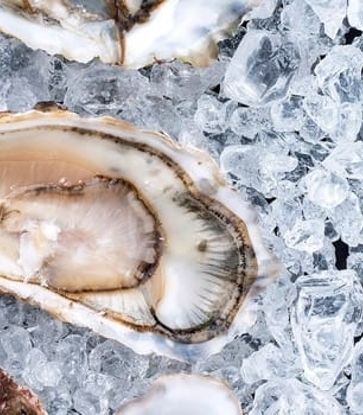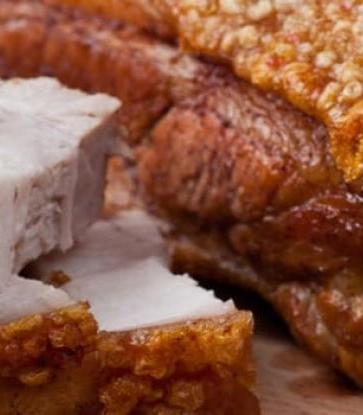The bacteria in our guts break down food the body can’t digest, produce important nutrients, regulate the immune system, and even protect us from the invasion of pathogenic bacteria, fungi, and viruses. But the gut itself is extremely delicate (only one-cell layer thick!) and can be easily weakened by numerous factors, from stress to antibiotics, and insomnia to poor diets.
While we can’t control all the factors that go into maintaining a healthy gut, we can manipulate the balance of our gut health by paying attention to what we put into ourselves. The million-dollar word at question is one that begins with the letter P.
Prebiotics, Not Powdered Doughnuts
Prebiotics often refer to foods that feed our existing gut bacteria and encourage the development of a diverse community of microbes. These foods are complex carbohydrates, like vegetables and whole grains. Probiotics, on the other hand, are foods, or food supplements, that contain live bacteria that aid digestion. This includes live yogurt, some cheeses and fermented foods. But probiotic supplements, including spirulina, have not yet proven that the good bacteria is able to reach the gut intact. So, consume everything within your wallet's means and in moderation.

Easy Tips for Gut Health
1. Eat your vegetables—and eat a range of them. Think of your gut like a diverse community of microbes, each with their own food preferences.
2. Consume more fiber. Fruit, vegetables, pulses, nuts and whole grains feed healthy bacteria.
3. Avoid highly-processed foods. They often contain ingredients that suppresses 'good' bacteria while increasing the 'bad' ones.
4. Probiotic foods might encourage more microbes to grow. While their immediate benefits on the gut have not yet been proven, they're readily available and inexpensive, making them an easy and harmless probiotic to work into your diet.
5. Use extra-virgin olive oil over other types of fat as it contains the highest number of microbe-friendly polyphenols.
6. Antibiotics kill ‘good’ bacteria as well as the ‘bad’ so take them sparingly. If you are faced with a situation where taking antibiotics is inevitable, make sure to eat foods that boost your microbes after.
7. If your diet is low in fiber, a sudden increase may cause bloating. So it's best to make the change gradually with lots of H2O.











